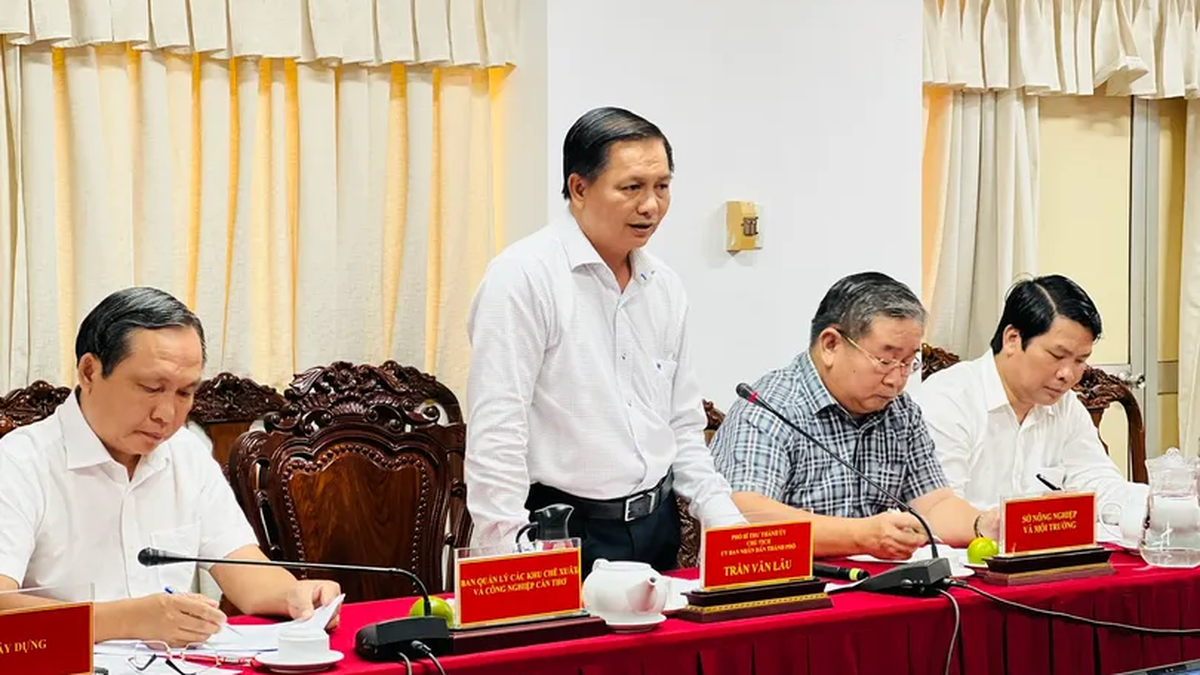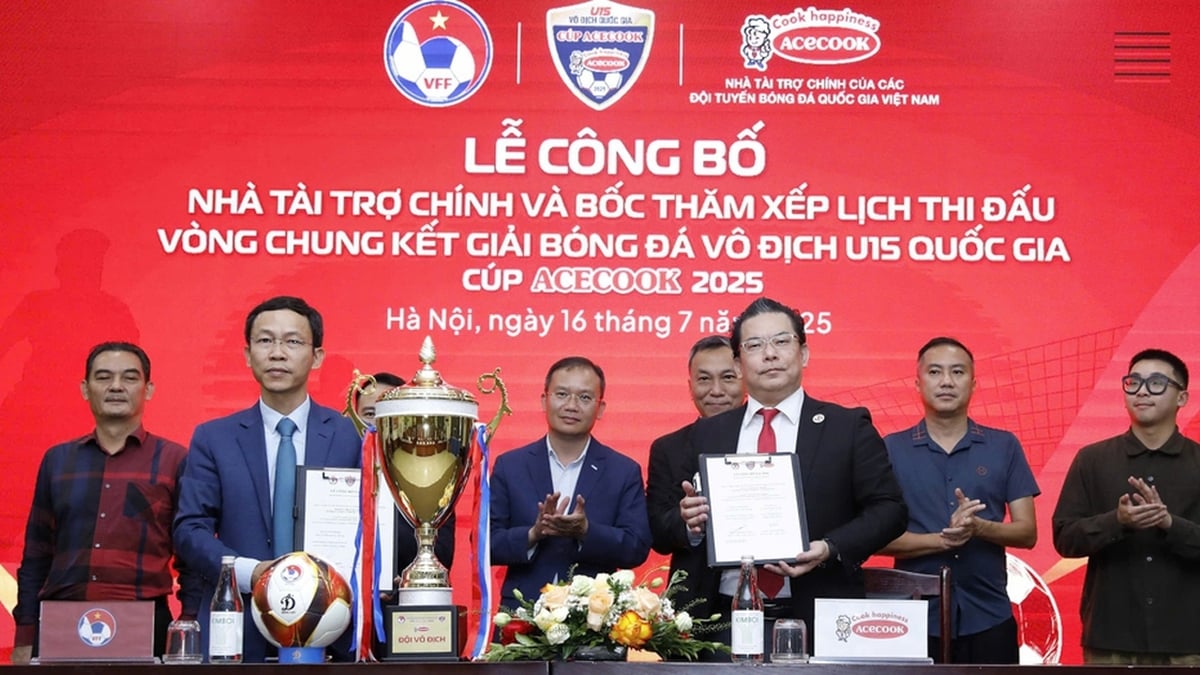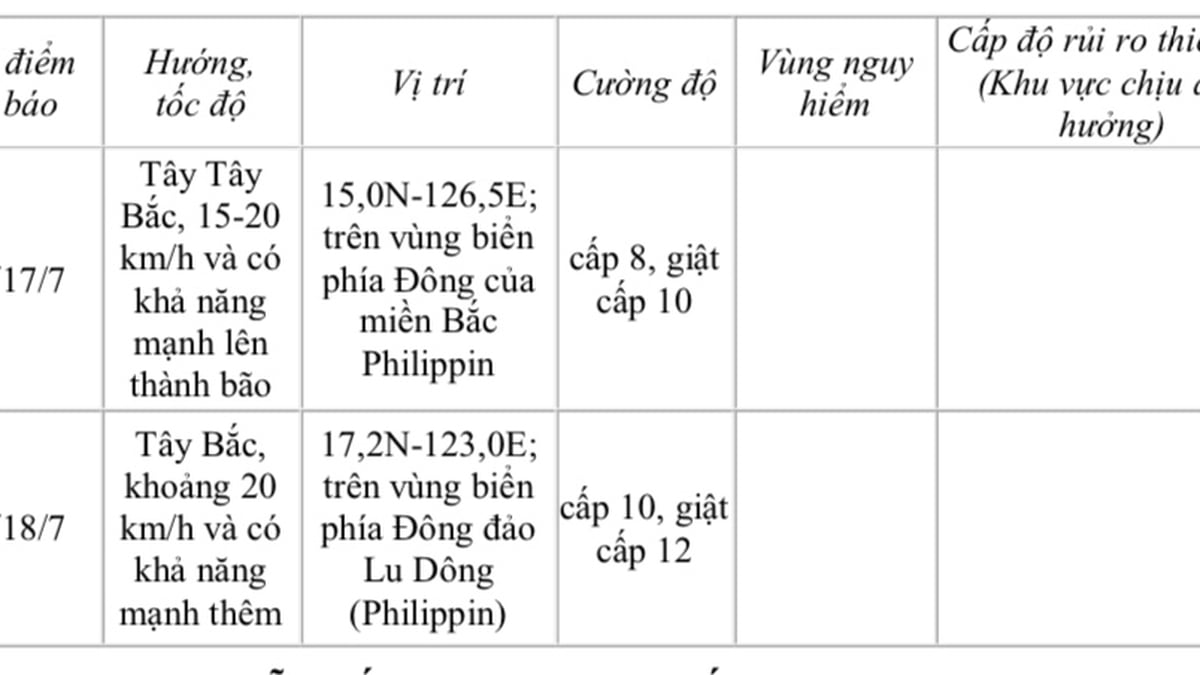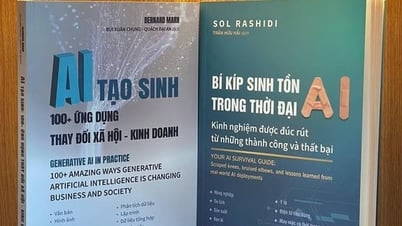The success of the Russian October Revolution opened a new era in the development of human society. The success of this great revolution encouraged peoples around the world to rise up for independence, including the Vietnamese people. Leader Nguyen Ai Quoc adopted Marxism-Leninism, founded the Communist Party of Vietnam , led the Vietnamese people to fight for independence and build a new Vietnam, bringing freedom and happiness to the working people.
 |
| The October Revolution in Russia is a milestone marking the theoretical victory of Marxism-Leninism on socialism. |
• NGUYEN AI QUOC ENCOUNTERS MARXISM-LENINISM
Professor Tran Van Giau believes that Ho Chi Minh's life created five major turning points in Vietnamese history, the first turning point being the turning point of leaving to find a way to save the country. It was not by chance that Nguyen Tat Thanh went to the South, it was not by chance that Nguyen Tat Thanh left from Ben Nha Rong, nor was it by chance that Nguyen Tat Thanh chose France as his destination. Surely, in thinking about the revolutionary steps, that patriotic young man had carefully calculated this. Regarding this choice, Professor Tran Van Giau assessed: "The orientation for the revolution was the most important issue at the beginning of the 20th century. Which way to go to reach the destination? Which way is the way to save the country? While the older patriots searched in the East (Japan) and then to the North (China), the young Nguyen Tat Thanh went to Europe. Looking for a way to expel Western colonialists and go West. Going against the grain? No one expected that going against the grain would lead to the West. If you don't enter the tiger's den, how can you tie the tiger?"
From his departure from Ben Nha Rong on June 5, 1911, Nguyen Tat Thanh had traveled across oceans, four continents and nearly 30 countries. In 1917, the Russian October Revolution broke out and won. On June 18, 1918, Nguyen Tat Thanh, together with Phan Chu Trinh and lawyer Phan Van Truong, sent to the Versailles Conference the “Petition of the People of Annam”.
Then, also in France, Nguyen Ai Quoc encountered the first draft of Lenin's "Theses on the Colonial and National Questions" and then he firmly believed in Lenin and followed Lenin's path. Obviously, this was a historical coincidence because Paris at that time was the world 's trading place, the place considered the "city of light", the place where the fastest information of the world at that time converged.
Recalling this event, in an article for the Soviet magazine Oriental Issues on the occasion of the 90th anniversary of Lenin's birth (1960), President Ho Chi Minh wrote: “At that time, I supported the October Revolution only out of natural sympathy. I did not fully understand its historical importance. I respected Lenin because Lenin was a great patriot who liberated his compatriots; before that, I had never read any book written by Lenin. Lenin's thesis made me so moved, excited, enlightened, and confident. I was so happy that I cried. Sitting alone in my room, I said loudly as if speaking before a large crowd: "My tortured and suffering compatriots. This is what we need, this is the path to our liberation!" From then on, I completely believed in Lenin, in the Third International."
At the Congress of the French Socialist Party in Tours at the end of 1920, Nguyen Ai Quoc voted to join the Third International and completely believed in Lenin, following the path of the great Lenin. It was also from this time that he became the first Vietnamese Communist.
• THE REVOLUTION CORRECTLY REFLECTS THE LAWS OF HISTORICAL DEVELOPMENT
The founders of Marxism-Leninism believed that humanity (up to their time) had and would experience the following socio-economic forms: primitive communism, slave ownership, feudalism, and socialism (the first stage of the communist economic form, an unprecedented form in human history).
The milestone marking the birth of Marxism was the appearance of the “Communist Manifesto” (February 1848). In this famous manifesto, the founders of Marxism recognized the great power of a progressive class: the working class. In 1871, the Paris Commune, the world’s first proletarian revolution, broke out in France, a developed country at that time. The French working class rose up to carry out this revolution and won. The working class government was established, humane and humanitarian policies were issued and implemented such as the implementation of the 8-hour workday, progressive regulations on food prices, culture, society, education, health care, etc. However, for many different reasons, this revolution was suppressed and failed by the bourgeoisie.
Russia in the early 20th century was a backward feudal state and was later defeated by Japan in the Russo-Japanese War of 1904-1905. In February 1917, the Tsar announced his abdication and Russia entered a period of turmoil with two parallel governments: the Petrograd Soviet of Workers' and Soldiers' Deputies of the proletariat and the Provisional Government of the bourgeoisie. Faced with the risk of the revolutionary achievements falling into the hands of the reactionary bourgeoisie, Lenin and the Bolshevik Party adopted the April Theses (1917), deciding to move from the bourgeois national democratic revolution to the socialist revolution through armed uprising with the slogan "All power to the Soviets". No one, even the most optimistic people, could have imagined that just a few decades later, the second proletarian revolution in the world would break out and successfully shake the world on a territory of 1/6 of the globe, awakening the peoples of the world who were fighting for independence, against oppression and injustice.
Thus, the October Revolution in Russia took place according to the law of historical development, which is that these socio-economic forms are replaced by other, more progressive socio-economic forms.
• APPLYING CREATIVITY TO THE SPECIFIC CONTEXT OF VIETNAM
In his work entitled “Report on the North, Central and South” in 1924, Nguyen Ai Quoc wrote: “Marx built his doctrine on a certain philosophy of history, but what history? European history. And what is Europe? It is not the whole of humanity”. And “In any case, it is impossible to forbid supplementing the “historical basis” of Marxism by adding to it materials that Marx in his time could not have had”, “revisiting Marxism in terms of its historical basis, consolidating it with Oriental ethnology”. Was it because of this independent, innovative and creative thinking of Nguyen Ai Quoc that the 6th Congress of the Communist International in 1928 criticized Nguyen Ai Quoc (?). In July 1920, when reading Lenin's "Theses on the National and Colonial Questions", Nguyen Ai Quoc was so happy that he cried, affirming that this was what we needed, this was the path to our liberation. However, Nguyen Ai Quoc himself also affirmed that the revolution to liberate the Vietnamese nation must be consistent with the characteristics of the Vietnamese revolution. After the October Revolution in Russia, the entire Tsar's family was killed. However, after the success of the August Revolution, former Emperor Bao Dai was invited to be the Supreme Advisor to the Government of the Democratic Republic of Vietnam. He was also nominated to run for the first National Assembly in the Thanh Hoa province constituency (the Nguyen Dynasty's homeland).
Regarding this creation of leader Nguyen Ai Quoc, Dr. Evgeny Kobelev, expert of the Russian Academy of Sciences, affirmed that Nguyen Ai Quoc had creatively absorbed and applied Marxism-Leninism. Dr. Evgeny Kobelev believes that there were three mistakes of the Bolshevik Communist Party that Ho Chi Minh avoided: “First, the Bolshevik Party refused to cooperate with other revolutionary forces. Ho Chi Minh, on the contrary, established the Viet Minh Front and all patriots could join this front. Second, the Bolshevik Party opposed all religions, especially Catholicism, and thus caused a civil war. Ho Chi Minh, on the contrary, all religious people could join the Viet Minh. Third, the Soviet revolutionary government destroyed the king and the entire family of King Nicolas II. Ho Chi Minh, on the contrary, did not destroy King Bao Dai but proposed that Bao Dai be the General Advisor (Supreme Advisor - NV) of the revolutionary government.” Dr. Evgeny Kobelev said that one of the reasons for the collapse of the Soviet Union was that in 1991, the opposition factions in the Soviet Union thoroughly took advantage of these three mistakes of the Bolshevik Party: "The opposition used these three mistakes of the Bolshevik Party to oppose the Soviet Government, on that basis causing the Soviet Union to disintegrate."
The 13th National Party Congress continued to affirm that the Communist Party of Vietnam: “Firmly and creatively apply and develop Marxism-Leninism and Ho Chi Minh Thought”. This is the method by which the Communist Party of Vietnam is remaining loyal to and worthy of inheriting the creative thinking of leader Nguyen Ai Quoc - Ho Chi Minh.
Source




















































![[Maritime News] More than 80% of global container shipping capacity is in the hands of MSC and major shipping alliances](https://vphoto.vietnam.vn/thumb/402x226/vietnam/resource/IMAGE/2025/7/16/6b4d586c984b4cbf8c5680352b9eaeb0)












































Comment (0)